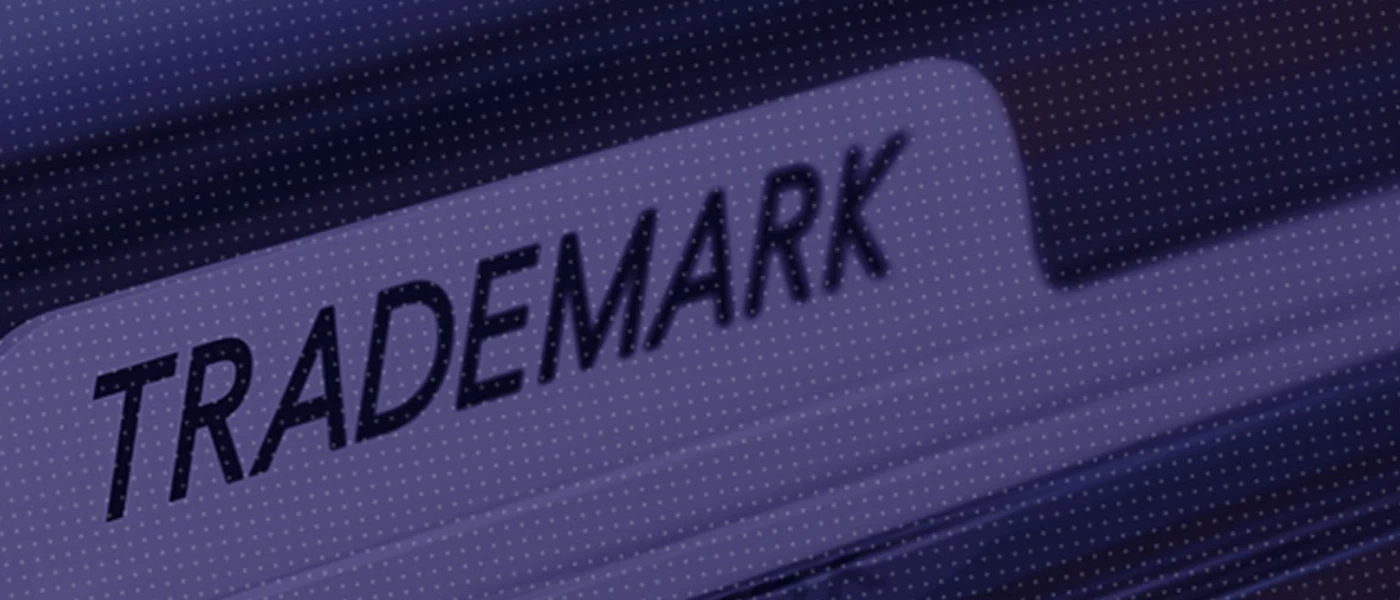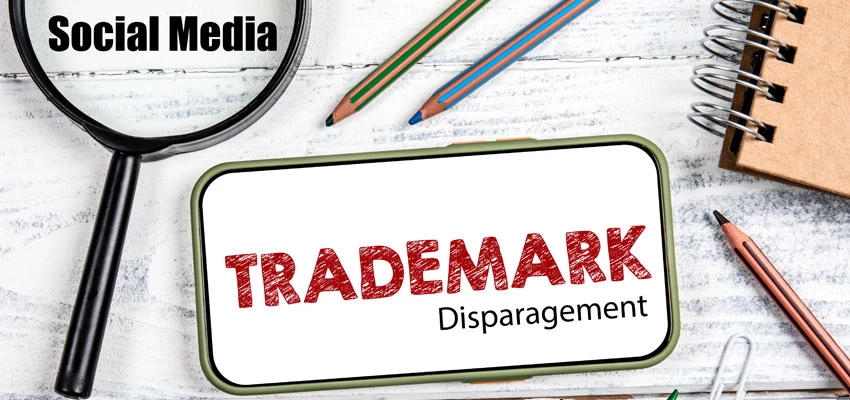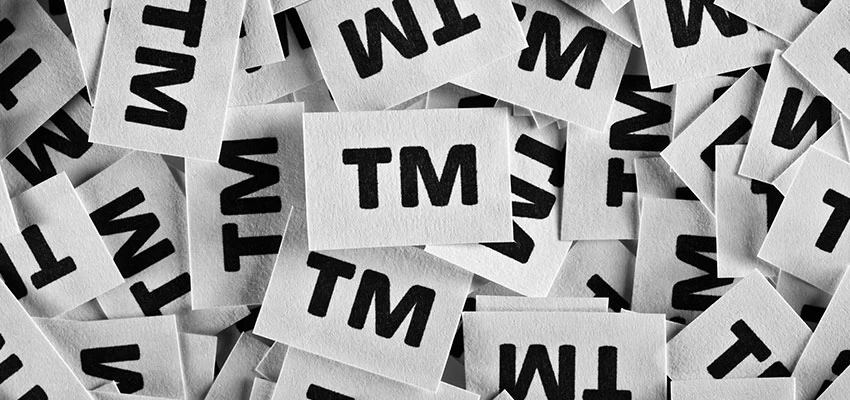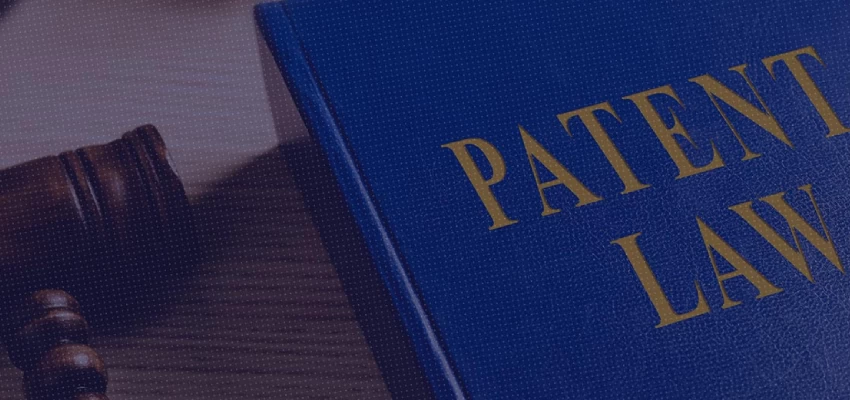Introduction
The abolition of the Intellectual Property Appellate Board (IPAB) gave rise to a plethora of questions on the next best forum available to right holders. The Intellectual Property Division (IPD, Delhi) has led the way and demonstrated as to how effectively IP cases can be disposed off and relief(s) moulded to suit particular fact situations.
One of the questions that came up recently before the IPD, Delhi was whether the Trade Marks Registry can transfer pending rectification/cancellation petitions to the IPD of the respective Hon’ble High Court or not under the ambit of the Trade Marks Act, 1999 (‘Act’) read with the Trade Marks Rules, 2017 (‘TM Rules’)?
The case in point is Jumeirah Beach Resort LLC v. Designarch Infrastructure Pvt. Ltd. & Anr.[1], where the IPD of the Delhi High Court analyzed Section 125 of the Trade Marks Act, 1999 and Rule 26 of the IPD Rules in detail. The relevant provisions read as below.
“Section 125: Application for rectification of register to be made to Appellate Board in certain cases
- Where in a suit for infringement of a registered trade mark the validity of the registration of the plaintiff's trade mark is questioned by the defendant or where in any such suit the defendant raises a defence under clause (e) of sub-section (2) of section 30 and the plaintiff questions the validity of the registration of the defendant's trade mark, the issue as to the validity of the registration of the trade mark concerned shall be determined only on an application for the rectification of the register and, notwithstanding anything contained in section 47 or section 57, such application shall be made to the Appellate Board and not to the Registrar.
- Subject to the provisions of sub-section (1), where an application for rectification of the register is made to the Registrar under section 47 or section 57, the Registrar may, if he thinks fit, refer the application at any stage of the proceedings to the Appellate Board.”
Rule 26 of the IPD Rules reads as follows:
“Consolidation of IPR subject matters or cases or proceedings or disputes – Where there are multiple proceedings relating to the same or related IPR subject matter, irrespective of whether the said proceedings are between the same parties or not, the Court shall have the power and the discretion, wherever appropriate, to direct consolidation of proceedings, hearings, and also to direct consolidated recording of evidence/common trial and consolidated adjudication. If the Court is of the opinion that any matter pending before a Commercial Court is to be consolidated with a matter pending before the IPD, it may exercise powers of transfer under Section 24, Code of Civil Procedure, 1908 for transfer and consolidation of such matter to itself.”
The Court, upon reading Rule 26, held that “the intent and purpose of Order XXVI, howsoever it may be worded, is obviously to ensure that proceedings relating to the same or relate IPR subject matters are heard together and that, if any such proceeding(s) are pending before the IPD of this Court, all connected and related proceedings should also be taken up by it”
The Court thus formulated two questions:
- whether the Registrar of Trademarks is, under the purview of the Act or the TM Rules, empowered to transfer the pending petition to the IPD of the High Court of Delhi; and
- whether the IPD is equipped to direct the Registrar of Trademarks to transfer the matters to itself in view of the same or related subject matters.
By its order dated 28 November 2022, the Court held that the Registrar of Trademarks under the purview of Section 125 of the Act is empowered to refer a matter to the IPAB at any stage since the jurisdiction, authority, and powers of the IPAB have now been transferred to the High Court (of respective jurisdictions).
In addition to the above, the Hon’ble Court also held that while the Trade Marks Act, 1999, the Trade Marks Rules, 2017 and/or Rules of the Delhi High Court Intellectual Property Rights Division Rules, 2022 (‘IPD Rules’) do not categorically govern the powers of the court to direct the Registrar of Trademarks to transfer any pending matters to the court, it is obvious that as per Rule 26 of the IPD Rules, if the court thinks it is necessary to consolidate and hear together all the matters related to the same or related subject matter before the IPD, it may direct so. Given this, it is apparent that the IPD of the High Court of Delhi by virtue of the power conferred under Rule 26 of the IPD Rules, can direct the Registrar of Trademarks to transfer any matter for complete resolution of the matter.
Conclusion
It has often been seen that parties to a litigation are also involved in cross actions before the Trade Marks Registry. Such actions often lead to delay in holistic adjudication of all issues between them. The decision of the High Court of Delhi is aimed to provide a clarification and resolution to such a fact scenario in order to do complete justice and ensure speedy disposal of cases.
[The authors are Senior Associate and Partner, respectively, in IPR practice at Lakshmikumaran & Sridharan, New Delhi]
[1] C.O. (COMM.IPD-TM) 124/2022; C.O. (COMM.IPD-TM) 315/2022; CS(COMM) 124/2021 and I.A. 19885/2022











